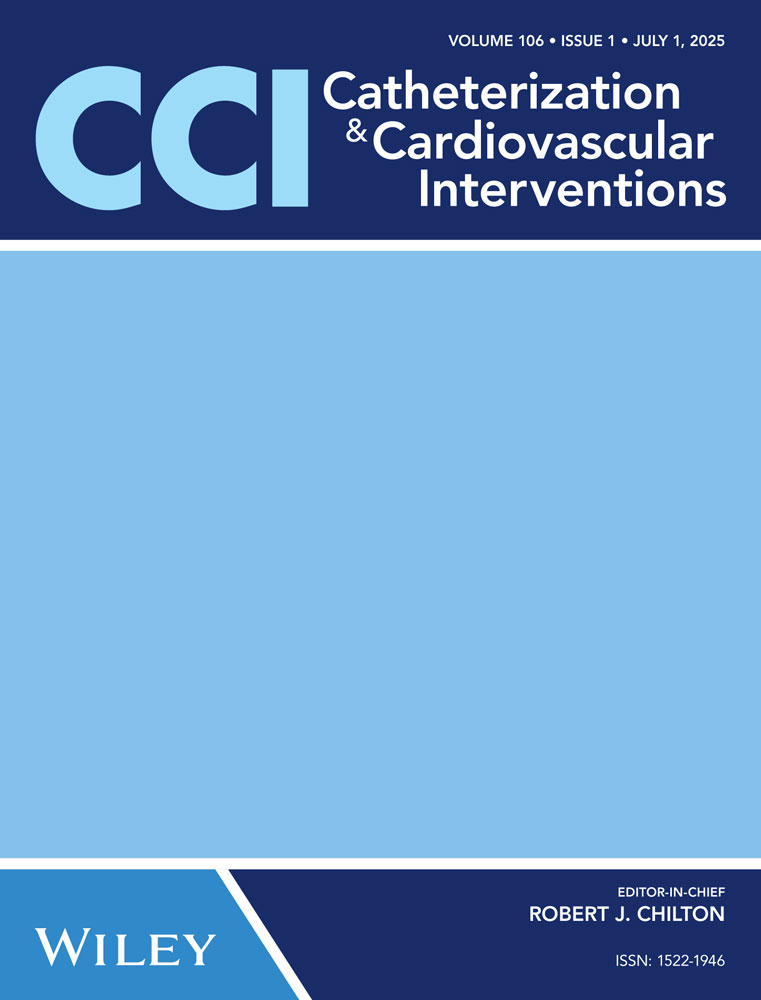Development of an Acute Coronary Syndrome-Cardiogenic Shock Risk Score for 30-day Mortality From the Victorian Cardiac Outcomes Registry (VCOR ACS-CS Risk Score)
ABSTRACT
Introduction
Acute coronary syndrome-cardiogenic shock (ACS-CS) confers a 30-day mortality rate of ~50%. A simple bed-side risk score for 30-day all-cause mortality may aid in rapid prognostication in these high-risk patients.
Methods
We analyzed data from consecutive patients with ACS-CS enrolled in the Victorian Cardiac Outcomes Registry (VCOR), a state-wide procedure-based clinical quality registry, between 2013 and 2021. Internal validation was performed in 1000 bootstrapped samples to derive variables that were in > 60% of models for the prediction of 30-day mortality. Model performance was evaluated using C-statistic, and Hosmer Lemeshow (HL) statistic.
Results
Of 1564 patients with ACS-CS undergoing percutaneous coronary intervention (PCI), 1403 presented with ST-elevation myocardial infarction (STEMI) and 161 with non-STEMI. Age was 66 ± 13 years, and 74% were males. In-hospital and 30-day mortality rates were 42% and 45%. Selected predictors of 30-day mortality included age (odds ratio (OR) 1.4 [1.3, 1.6] per 10 year increase), female sex (OR 1.4 [1.1, 1.8]), diabetes (OR 1.5 [1.2, 2.0]), estimated glomerular filtration rate < 30 mL/min/1.73 m2 (OR 2.2 [1.3, 3.5]), <60 mL/min/1.73 m2 (OR 1.5 [1.1, 2.0], left ventricular ejection fraction < 35% (OR 4.6 [3.5, 6.1]), out-of-hospital cardiac arrest (OR 2.3 [1.8, 3.1]), pre-procedural intubation (OR 2.1 [1.6, 2.7], mechanical circulatory support (OR 1.5 [1.1, 2.1]), STEMI (OR 2.6 [1.7, 3.8]), and multivessel PCI (OR 1.5 [1.1, 2.1], all p < 0.01). Internal validation of 1000 bootstrapped samples resulted in 15 clinical and procedural variables, which demonstrated excellent fit and performance (C-statistic = 0.8, HL p = 0.44) for the prediction of 30-day mortality.
Conclusion
A risk score incorporating only peri-procedural (clinical and procedural) variables accurately stratified 30-day mortality risk among patients with ACS-CS who underwent PCI. Further studies are required to externally validate the VCOR ACS-CS risk score, however, its simplicity potentially facilitates translation into clinical practice.
Conflicts of Interest
The authors declare no conflicts of interest.
Open Research
Data Availability Statement
The authors have nothing to report.




